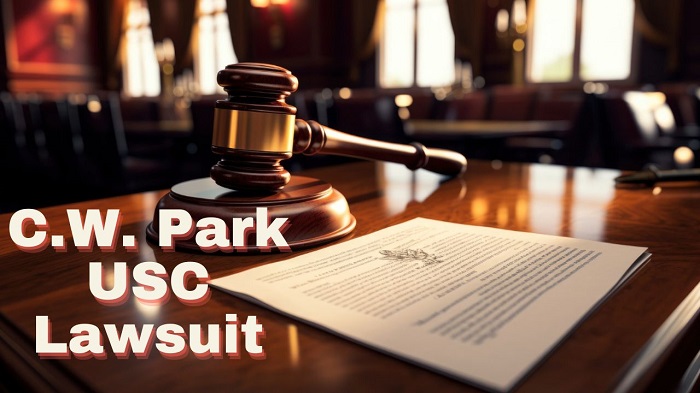The C.W. Park USC Lawsuit Shaping Higher Education
In the realm of higher education, few events resonate as deeply as legal disputes that challenge the very core of academic integrity and responsibility. The C.W. Park USC lawsuit stands as a pivotal case, not just for the University of Southern California (USC) but for the broader landscape of educational institutions grappling with accountability and transparency.
Understanding the Origins
The lawsuit, initiated by C.W. Park, a former professor at USC, revolves around allegations of academic misconduct and institutional negligence. Park’s claims assert that USC failed to uphold its duty to maintain academic standards and protect the rights of faculty members. This legal battle has garnered attention not only from within the USC community but also from educational stakeholders nationwide.
Evolving Legal Proceedings
As judicial proceedings unfold, the nuances of the case become increasingly intricate. Updates reveal insights into USC’s administrative practices, faculty governance, and the complexities of navigating academic disputes through legal channels. Each development in the courtroom offers a glimpse into the broader implications for educational policies and institutional ethics.
Impact on Academic Community
Beyond the courtroom drama, the C.W. Park USC lawsuit has sparked debates on academic freedom, institutional liability, and the responsibilities of universities towards their faculty and students. It prompts critical reflections on how universities manage internal grievances, uphold academic integrity, and safeguard their reputations amidst legal challenges.
Stakeholder Perspectives
The lawsuit has not only drawn attention from legal experts and educational leaders but also from students, alumni, and the public at large. Stakeholders are closely monitoring the case’s progress, recognizing its potential to set precedents in how academic disputes are adjudicated and how universities are held accountable for their actions.
Educational Policy Ramifications
At its core, the C.W. Park USC lawsuit underscores the importance of robust educational policies that prioritize fairness, transparency, and ethical governance. Institutions across the country may reconsider their internal mechanisms for handling academic grievances and protecting the rights of faculty members, aiming to prevent similar legal confrontations in the future.
Looking Ahead: Implications for Higher Education
As the legal saga continues to unfold, the ramifications of the C.W. Park USC lawsuit extend far beyond USC’s campus borders. It serves as a stark reminder of the challenges universities face in balancing academic autonomy with institutional accountability. The outcome of this case could potentially reshape how universities nationwide approach issues of academic governance and faculty rights.
Conclusion: A Call for Vigilance and Engagement
In conclusion, the C.W. Park USC lawsuit serves as a poignant reminder of the ongoing dialogue surrounding academic responsibility and institutional integrity. It urges stakeholders within and outside the USC community to remain vigilant, stay informed, and actively participate in shaping the future of higher education. By fostering a culture of transparency and accountability, universities can uphold their commitment to fostering a conducive environment for learning, research, and academic excellence.
In essence, the unfolding narrative of the C.W. Park USC lawsuit is not merely a legal saga but a profound exploration of the values that underpin our educational institutions. As we witness its evolution, we are reminded of the enduring significance of integrity, fairness, and the pursuit of truth in academia.
Stay tuned for the latest updates on mainguestpost.com!


